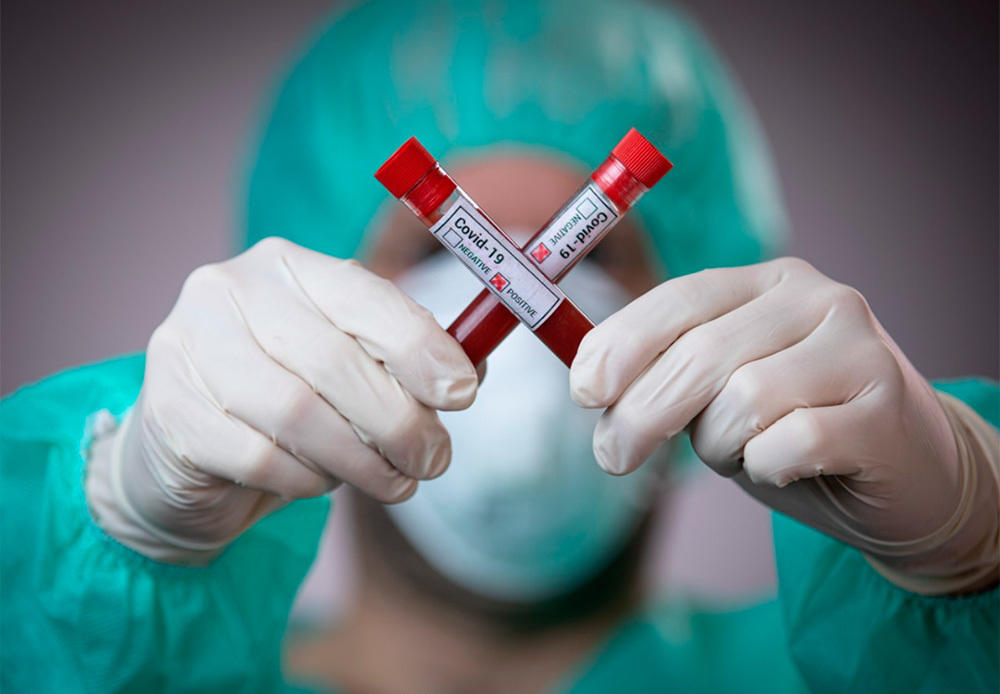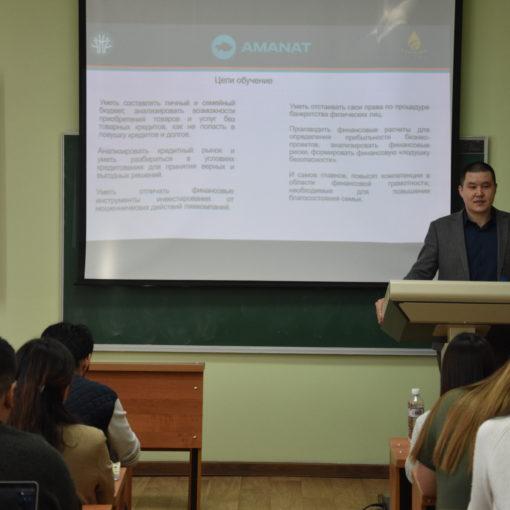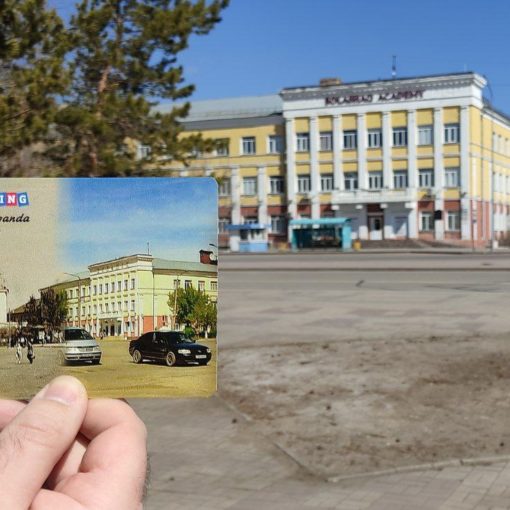The Ministry of Health of Kazakhstan has published a memo for a patient with COVID-19 at the PSMP.
If you are concerned:
an increase in body temperature to 38 C (or no increase in temperature);
general weakness, malaise;
hyperhidrosis;
myalgia and scrapes in the body;
headache;
sore throat;
coughing;
taste and smell disorders;
diarrhoea.
You should stay at home and warn your supervisor at work if you have any symptoms of viral infection. You should isolate yourself from other family members. You should call the health centre, contact the local doctor and let him know if you have any symptoms. At the same time, you should monitor your breathing and heart rate, your temperature, your shortness of breath, the appearance and amplification of your cough, and your pulse oximetry (a non-invasive method of determining blood oxygen saturation. It is performed with the help of pulse oximeter) and pass the data to the local doctor.
Rich drinking of liquids (water, tea, morses) is recommended. To reduce the temperature, use paracetamol/ibuprofen. It is necessary to reduce physical activity and continue basic therapy for the underlying disease (hypertension, diabetes mellitus, CHD, COPD, Asthma and others).
If the temperature persists for more than 3-5 days or appears after a short-term normalization, the appearance / increase in cough – inform your local doctor – he will prescribe the appropriate treatment.
If your breathing rate is higher than 24 per minute or more, if you have increased shortness of breath while moving around the room and talking, if your pulse oximetry decreases below 95% you should inform your local doctor/ call an ambulance. You will be offered treatment at home or hospitalisation in a 24-hour hospital depending on the severity of your condition.
It is not recommended to shop, walk in the street or other public places, or receive guests. Go to the laboratory to take tests, blood tests, etc. – You already have clinical manifestations and during a pandemic they are considered to be coronavirus infections, regardless of whether the test is positive or negative. Go to a medical organisation for a CT scan – changes to your lungs appear at a certain time in your illness that you may not be exposed to, and small changes will not change your treatment tactics.

Source: Novoe Televidenie





